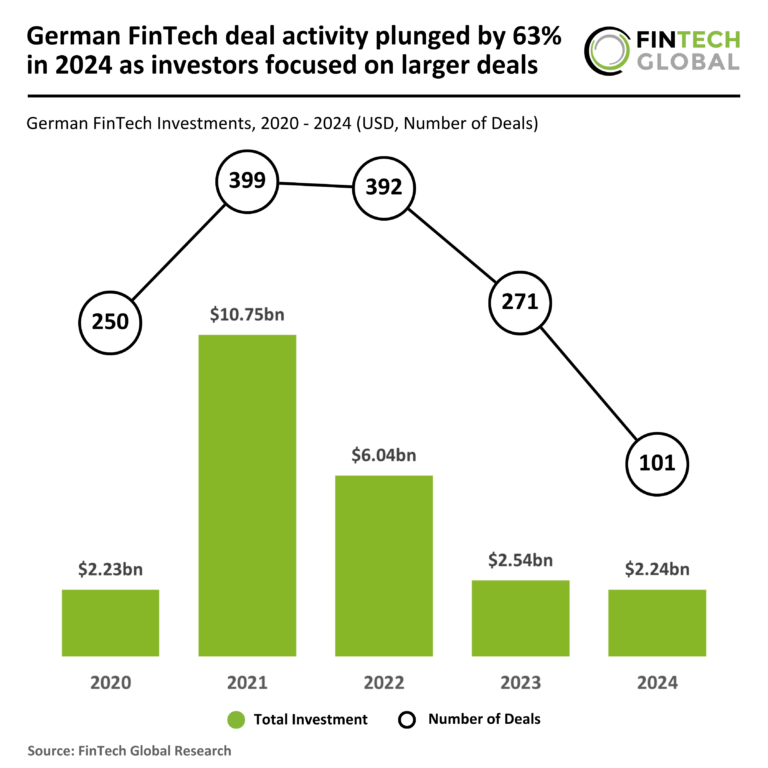Revolutionizing RegTech: How Quantum Computing is Set to Transform Risk Modeling and Fraud Detection
In today’s rapidly evolving technological landscape, quantum computing is emerging as a transformative force, particularly for financial organizations and the RegTech sector. This innovative technology leverages the principles of quantum mechanics, such as superposition and entanglement, to perform calculations that far surpass the capabilities of traditional computers.
The Impact of Quantum Computing on RegTech
According to Annalisa Camarillo, the Chief Communications Officer at Quantifind, quantum computing holds the potential to significantly enhance financial crime detection capabilities. However, she emphasizes that the transformation will be gradual rather than instantaneous.
Key Transformations in Financial Crime Detection
- Rapid Processing: Quantum computing enables financial institutions to process extensive risk models in mere seconds, compared to the hours or days required by classical systems.
- Real-Time Assessments: This technology facilitates real-time transaction risk evaluations, integrating historical data, behavioral anomalies, and geopolitical risk indicators.
- Enhanced Fraud Detection: Unlike traditional machine learning models, quantum algorithms excel at identifying subtle, non-linear relationships within transaction data, improving anti-money laundering (AML) anomaly detection.
However, Camarillo warns that quantum computing also introduces new security challenges, particularly concerning traditional encryption methods used in financial transactions. She advocates for investment in post-quantum cryptography to safeguard sensitive regulatory and compliance data.
Quantum Computing: From Science Fiction to Reality
Once considered a concept from the realm of science fiction, quantum computing is now becoming a practical tool for data processing, according to RelyComply, a South African RegTech firm. Major tech companies, including IBM, Google, PayPal, and JPMorgan Chase, are at the forefront of implementing quantum technologies for fraud detection.
Benefits of Quantum Computing in Risk Management
- Advanced Calculations: Quantum systems can conduct complex calculations faster than classical computers by utilizing qubits that exist in multiple states simultaneously.
- Improved Decision-Making: The combination of quantum algorithms and AI accelerates decision-making processes, making it easier for firms to devise effective strategies against financial crime.
As financial institutions increasingly rely on quantum computing for storing and processing large datasets, the technology is poised to benefit sectors that require high-security protocols, such as government agencies.
Challenges and Regulatory Considerations
Despite the promise of quantum computing, there are significant risks if misused. Criminals could exploit quantum capabilities to manipulate financial markets or compromise algorithms that secure blockchain technology. RelyComply notes that one major concern is the vulnerability of current encryption standards to quantum computing attacks.
On a positive note, the World Economic Forum is actively engaged in discussions about the implications of quantum technology for digital payment security. Regulatory bodies are exploring ways to develop cross-industry standards that will help protect financial infrastructures through public-private collaboration, particularly in the European Union.
Moving Forward with Quantum Computing
As the adoption of quantum computing progresses, it has the potential to revolutionize the financial sector. Until its widespread implementation, it is essential for organizations to strengthen frameworks for DevOps, digital risk management, and customer data protection. This includes enhancing transparency, ensuring interoperability, and fortifying cybersecurity measures to facilitate a smooth transition to quantum computing.
For more insights into the future of technology in finance, visit our related articles.







